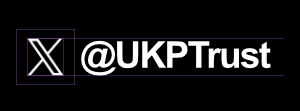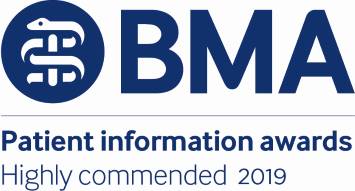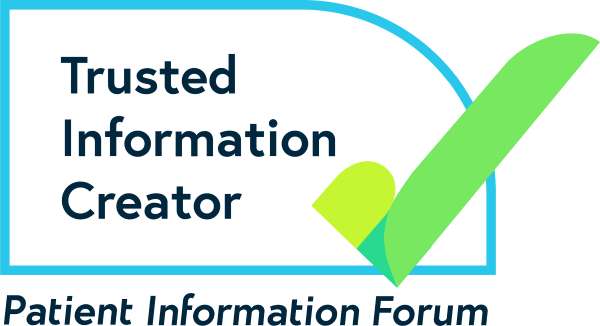Topic History of: Phobicman Clinic Results
Max. showing the last 6 posts - (Last post first)
- andrew
HI Dave
I think you question is bet answered by our website. Click on this link:https://www.ukpt.org.uk/living-with-paruresis/hypnotherapy. Alternatively read it below:
Paruresis (shy bladder) is a social anxiety disorder. As with many social anxiety disorders, feelings of distress can be amplified over time through an established pattern of thinking.
For example, just thinking about using a public toilet can bring on automatic negative feelings and a rise in anxiety before you even enter the physical situation. Moreover, this continued cycle of thinking becomes so established that you can feel completely unable to control it, to the point where you will actively avoid the situation wherever possible.
The best therapy will work to break this pattern of thinking. It will help you to identify the root causes and give you specific techniques to try to retrain your brain. Cognitive Behavioural Therapy (CBT) has a huge evidence base for its effectiveness in dealing with social anxiety disorders such as paruresis. Its structured approach enables sufferers to begin thinking differently. Allowing you to gradually approach the situation instead of avoiding it. Over time you will start to regain control and the vicious cycle is gently turned into a virtuous cycle.
Can other therapeutic techniques help?
Developing effective relaxation techniques can help with the therapeutic process by reducing anticipatory anxiety. However, they are insufficient on their own. This is also true of deeper relaxation approaches such as hypnotherapy.
Can hypnotherapy help with paruresis?
Several hypnotherapy services are advertised as being able to help with paruresis. Some claim they can cure the problem. But a scientific review in 2007 found that receiving hypnotherapy was no better than not receiving it. There was some limited evidence that hypnosis may ease anxiety when being tested.
The National Institute for Health and Care Excellence is the official UK body that recommends health treatments. It makes no mention of hypnotherapy for social anxiety disorders, which include paruresis. It does mention Cognitive Behaviour Therapy (CBT) as a method of choice 35 times. This is because of there is lots of evidence to support CBT and a lack of evidence to support hypnotherapy.
CBT has a good reputation for helping with social anxiety disorders. But it may help to do additional work on relaxation and calmness. So hypnotherapy may be a useful extra to CBT; and so too mindfulness meditation. This is backed up by two research papers that showed that the combination of CBT with hypnosis produced better results than CBT alone.
Hypnotherapy lets you practice imagining being in toilet situations while in a relaxed state. That sort of practice can support the CBT approach.
The thing about paruresis is that we avoid going into the situation that makes us anxious, i.e. public toilets. And it also makes us anxious even to think about those situations. So we avoid thinking about them too. Hypnotherapy from someone who understands CBT may help you to get more familiar with these negative thoughts. That can boost new positive thoughts that will help in doing CBT.
The bottom line is that there is no substitute for getting out and facing these fears in an individually designed, expert-guided and manageable way using a CBT approach. Hypnotherapy alone may enable a reduction of anxiety, but many have found that such calmness does not transfer easily to real life toilet situations.
So, it is not a case of “either hypnotherapy or not hypnotherapy”. Instead more CBT alone, or CBT with hypnotherapy; and less hypnotherapy on its own.
Other talking therapies may help you to gain insight and understanding into your condition, or help you consider how you view yourself and your paruresis. In the UKPT’s experience it is the practical, structured approach of CBT in challenging patterns of thinking which is of particular value and brings about more lasting change for individuals.
Does that answer your question?
Andrew
- Dave
Hi All,
I was wondering if anyone had experience of Paul Mckenna's "Phobicman" Clinic in London and elsewhere? They make claims to have a great success rate with all types of phobias using NLP. I have looked through their reviews but found nothing relating to shy bladder. Not sure of the cost per session, but I'm sure it won't be cheap. Any thoughts or experiences out there ?









